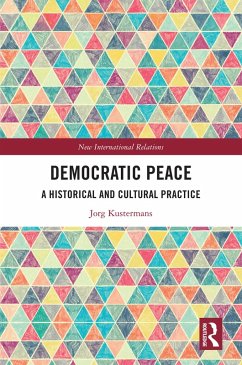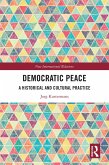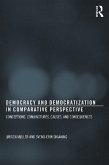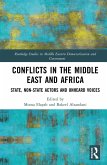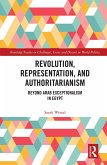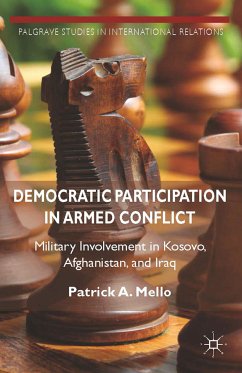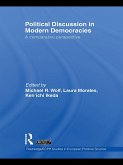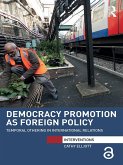Dieser Download kann aus rechtlichen Gründen nur mit Rechnungsadresse in A, B, BG, CY, CZ, D, DK, EW, E, FIN, F, GR, HR, H, IRL, I, LT, L, LR, M, NL, PL, P, R, S, SLO, SK ausgeliefert werden.
Costas M. Constantinou, University of Cyprus
Peace is the core concept that the field of International Relations paradoxically shies away from. Jorg Kustermans provides a powerful counterpoint. Brilliantly tracing the democratic peace as a historical and cultural practice he invites us to think peace politically.
Benjamin Herborth, University of Groningen

